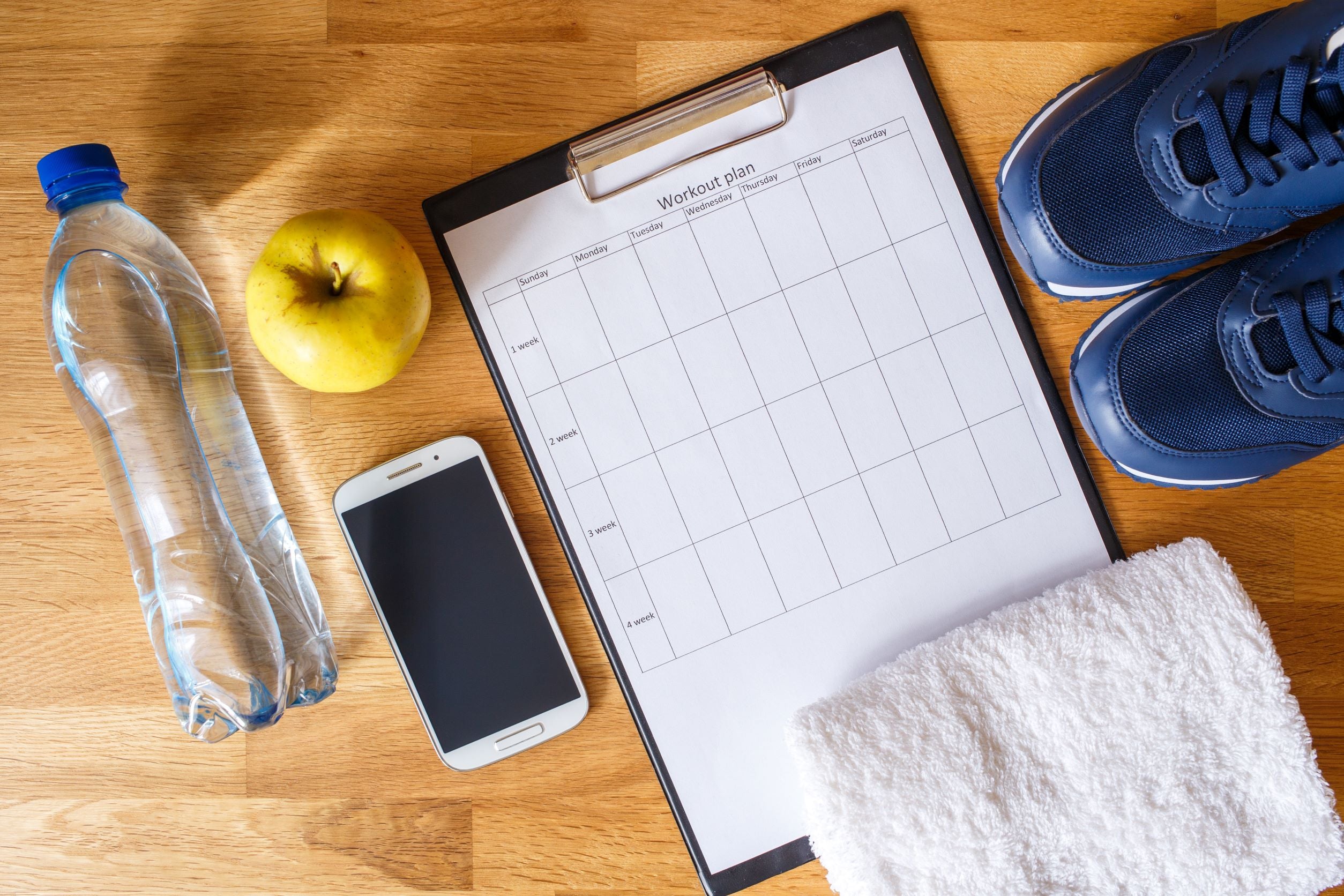Se siete impegnati a proseguire il vostro percorso di salute e fitness, l'inverno che si avvicina può essere scoraggiante. Ma non deve esserlo! Anzi, l'inizio di una nuova stagione è il momento perfetto per fissare nuovi obiettivi di fitness. Ma come si possono stabilire e raggiungere obiettivi di fitness quando le giornate si accorciano e diventano più fredde? In questo articolo vi daremo tutti i consigli necessari per raggiungere i vostri obiettivi di fitness in autunno. Andiamo.
Quando fissare nuovi obiettivi di fitness?
L'autunno inizia ufficialmente il 22 settembre 2021. Tuttavia, la maggior parte delle persone inizia a cambiare il guardaroba estivo, a ordinare il caffè macchiato alla zucca e a pianificare gli outfit di Halloween all'inizio di settembre. In questo periodo è bene stabilire e fissare i nuovi obiettivi di fitness per l'autunno. Inoltre, è l'inizio dell'ultimo trimestre del 2021: altri quattro mesi per sfruttare al meglio il 2021.
Prima di entrare nel merito del modo migliore per stabilire e fissare obiettivi di fitness realistici e raggiungibili, definiamo innanzitutto come dovrebbe essere il vostro obiettivo.
Cosa sono gli obiettivi di fitness SMART
Leggi di più

Con gli impegni, spesso dimentichiamo di nutrire il nostro corpo con cibi nutrizionalmente sazianti e ricorriamo a opzioni “grab-and-go”. Secondo uno studio condotto su 102.703 partecipanti, pubbli...

Da giovedì 7 a domenica 10 ottobre 2021 l'Orange County Convention Center di Orlando, Florida, ospiterà l'attesissimo Mr. Olympia. WOLFpak è orgogliosa di essere sponsor dell'evento e sarà presente...













Commenta
Questo sito è protetto da hCaptcha e applica le Norme sulla privacy e i Termini di servizio di hCaptcha.